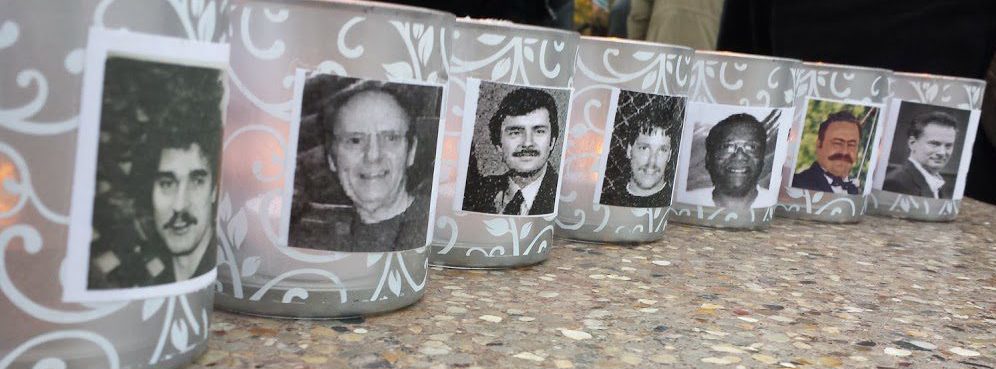In the near future I’ll be elaborating on the major aspects of a motion (appeal) that was filed on October 31, 2014 in Brown County (Green Bay, WI) in regard to the Wisconsin Monfils case. However, prior to that, it’s important to first call attention to two well-known but seemingly unimportant pieces to this legal puzzle that to me, say volumes about the integrity of this whole case.
How can we be passive about a case that has numerous holes and gaps that destroyed the lives of six people and their families? Just look at this quote for instance:
“It was too much to process and too easy to just make the same decision for all of the defendants.” –Monfils juror
This alarming statement was from a person who was on the jury during the Monfils trial. It was not until years later, when she was contacted by the only exoneree in the case, Michael Piaskowski, that she shared this eye-opening statement. Michael Piaskowski’s life sentence had been vacated in 2001. He was collaborating with two others on a book about this case. Part of the research was to reach out to the jurors for their perspective on the overall trial. But he never expected to hear that! One can only imagine the devastating impact this statement had on him!
None of the other jurors would give statements but this juror felt compelled to make amends. She further elaborated by saying that assigning the same verdict in a joint trial was easier than trying to separate the facts about each one. She (and most likely the others) had found it impossible to distinguish the men from one another in part because three of the six were named Michael. She apologized to Mike for her role in wrongfully sending him to prison.
This pretty much confirms that the other men should be released as well because that statement clearly impacts them collectively. Add to that, another revelation, and the second damning piece of the equation…
In 2004, nine years after the trial and right before the original trial judge retired, he made an unprecedented recommendation. He outlined his intent in this (partial) letter he had written to the Parole Board…
“Each of these individuals is presently serving time in the Wisconsin State Prison as a result of a sentence which I imposed. I customarily receive notices of parole hearings. I am now retiring and will not be on the bench when these individuals will be up for parole. Therefore, I would like to place on the record, at this time, my thoughts with respect to their parole…
The most unique aspect of this case was the fact that these individuals, other than the unique offense, were hard working stable members of the community. They were not criminals but got caught up in a situation which quickly got out of control.
I cannot speak for their conduct during their term of incarceration. However, from my point of view of all that has transpired in this case, it would seem to me that favorable consideration for early parole would be appropriate. I set parole eligibility dates which I felt would provide adequate punishment for the offense and absent other facts, of which I am unaware, have seen nothing that would be gained by further confinement.
I would appreciate it if you would make notation in the respective records of these individuals with respect to this correspondence.” (Signed) Judge James T. Bayorgeon
What would compel a judge to write such a letter when all through the investigation and during the trial, these men were depicted as the worst kind of “union thugs” and “murderers”? Keep in mind that some people who remember this case still spew the same hate that was prevalent in 1995.
The former prosecutor, John Zakowski, to this day openly states, even though he is now a district judge in the same district, “I know now more than ever that these men are guilty”. But no one asks him why he thinks that or if he feels it is ethical for him to even be talking about this case. If there is new evidence that has come to light to warrant this remark, many of us wonder where it is exactly.
Whatever the outcome from this new motion, the hope is that amends can be made and the truth in this injustice will once and for all be reconciled.

Well said Joan…………..
Thank you very much for your kind words my friend. I will always remember and appreciate your due diligence in helping me to pursue legal help in this case.
our justice system is so flawed and people are suffering as a result.
Sad and true but the silver lining is that there are so many good people out there working to correct it and their numbers are rising. Take comfort in knowing that our guys in Wisconsin and countless others feel the hope for a brighter future.
That comment by the juror just makes me nauseous. How many other overwhelmed jurors do the same?
Thank you for your comment Lynn. It is scary to think about it. In pointing these few aspects out about this particular case, it is unsettling and down right upsetting to realize that any chances of justice for these men was nonexistent from the very beginning.